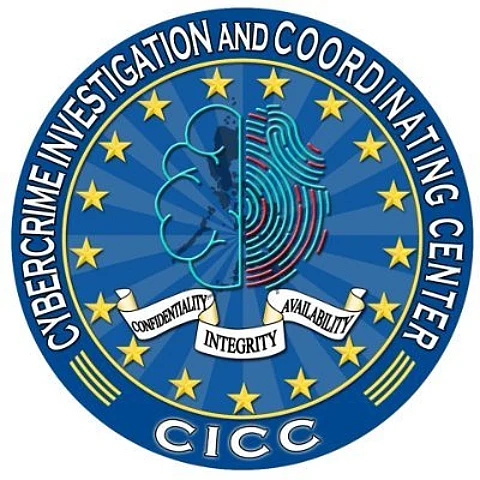
- NEWS
- the EDIT
- COMMENTARY
- BUSINESS
- LIFE
- SHOW
- ACTION
- GLOBAL GOALS
- SNAPS
- DYARYO TIRADA
- MORE

A top official of the Cybercrime Investigation and Coordinating Center (CICC) revealed that for scammers to evade arrest, they keep on evolving and changing tactics, including the use of artificial intelligence—one of the reasons why the government is having a hard time resolving scam activities in the country.
“If the scammers were caught and publicized, the perpetrators now have the idea of the do's and don'ts anymore. So, we are balancing the information we keep and those that are publicized. As of now, AI is a growing industry as more and more people, including scammers, have access to AI. They are getting creative and have faster processes for scamming people. That’s the trend we are looking at right now, perpetrators using AI,” said Marco Reyes, CICC agent, in a media interview on the sidelines of the Economic Journalists Association of the Philippines and San Miguel Corp.'s Annual Business Journalism Seminar in Tagaytay City on Saturday.
He said the biggest scam happening right now is consumer fraud, and that scammers have moved to targeting victims via social media instead of text messaging.
Moreover, he confirmed that cybersecurity experts are now being utilized by big groups, dubbed as the ‘dark side,’ in exchange for a huge salary — much bigger compared to what is offered by legitimate information technology organizations.
The CICC official disclosed that in 2024, they received a total of 10,004 complaints, while for this year’s first quarter, they logged a total of 3,251 complaints regarding phishing, vishing, and deepfakes.
Earlier, Whoscall, a global anti-scam application, recorded a notable decrease in text scam messages alongside a significant increase in scam calls in the Philippines during the first quarter of 2025.
Gogolook, a global leader in TrustTech and developer of the Whoscall app, reported that the data shows a 68.83% decline in scam messages from the fourth quarter of 2024, with 648,239 Short Message Service (SMS) scams recorded in Q1 2025, compared to 2,079,968 in Q4 2024. Additionally, there was a 43.3% year-on-year reduction, down from 1,143,268 SMS scams reported in the first quarter of 2024.
In contrast, scam calls experienced a significant surge during the same period.
Whoscall data reveals a dramatic 74.32 percent increase in scam calls in Q1 2025, reaching 351,699 compared to the 201,760 recorded in the previous quarter (Q4 2024). The year-on-year growth is even more alarming, with a staggering 225.17 percent rise from the 108,157 scam calls reported in Q1 2024.
Gogolook Philippines Country Head Mel Migriño attributed the reduction in scam messages to effective reporting mechanisms, increased public awareness, and proactive collaboration among government agencies, civic advocacy groups, and the private sector.
“We believe the 'Whole-of-Society Approach,' as advocated by CICC Executive Director Undersecretary Alexander Ramos, has been instrumental in the decline of SMS scams. This collaborative strategy, bringing together law enforcement agencies such as the Philippine National Police-Anti-Cybercrime Group, Presidential Anti-Organized Crime Commission (PAOCC), and the National Bureau of Investigation (NBI), together with private sector players like Scam Watch Pilipinas, Gogolook and others, for anti-scam awareness and education, has yielded significant results," Migriño stated.
Gogolook is the Technology Convener of Scam Watch Pilipinas and a private sector partner of CICC.
However, the rise in scam calls suggests that scammers are adapting their tactics, necessitating continued vigilance and adaptive countermeasures. “This significant decline in scam messages is a testament to the collective efforts of the Filipino people, government agencies, and private sector partners in combating fraud,” said Mel Migriño.
“The increase in scam calls demonstrates a shift in scammers' tactics. We believe that by empowering users with anti-scam tools and reporting mechanisms, and by fostering a culture of vigilance, we can ultimately build a safer digital environment,” Migriño added.
